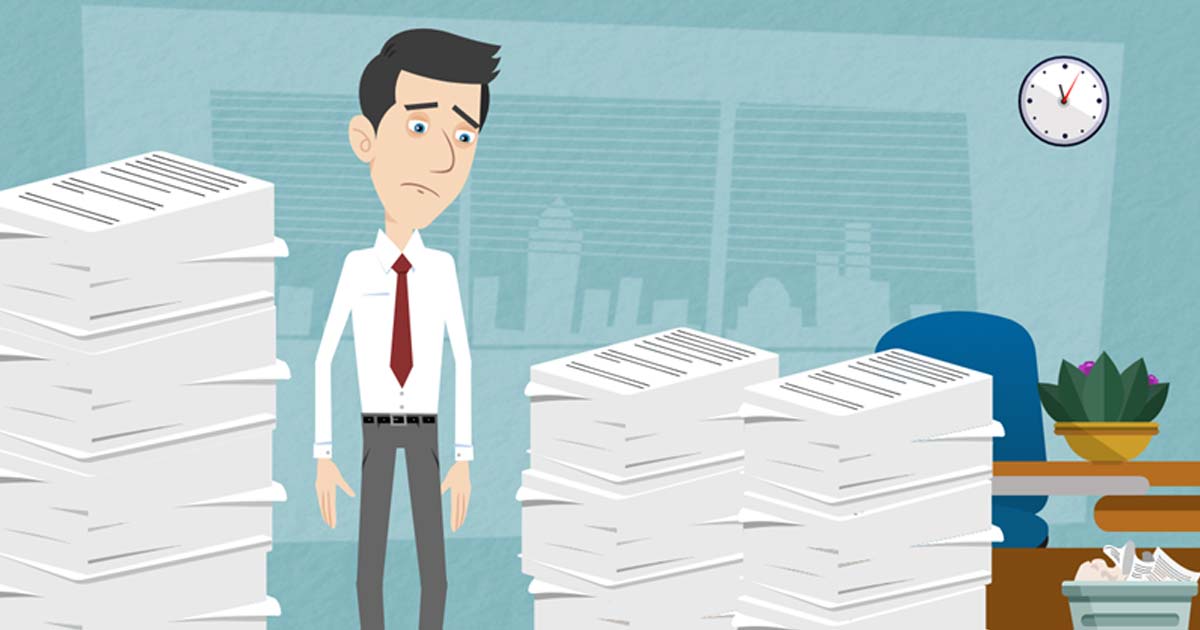At a time when reports of Central Government eyeing RBI Reserves to breathe fresh air to credit-starved micro, small and medium enterprises (MSMEs), Indian taxpayers are riding a tax evasion wave unlike any seen in recent times. As per a member of the Central Board of Indirect Taxes and Customs (CBIC), the current fiscal year has recorded GST tax evasion to the amount of Rs 12000 crore.
The Tax Crime
Tax evasion it now seems is an inherent human nature limited not just to the Indian subcontinent. But the scale of GST tax evasion must have raised eyeballs more so considering the fact that the GST is still only a year and a half old.
ITC – The GST Saviour For Good Taxpayers
Fake Invoices have been vigorously used to claim ITC under GST norms. The revenue department has found fake ITC claims as the most common way to defraud or evade tax. Reportedly, businesses can get fake invoices against a commission of 1-2% on ITC claims. And ITC norms can be tweaked in more than a few ways to make false and voluminous claims.
Let’s suppose a business buys fake invoices to the amount of Rs 1000 Crore at 18% GST. The ITC, in this case, would be 1800 Crore and the commission for the invoice seller would be in the range 180-360 crores.
- Bengaluru Central Tax department recently arrested three persons against charges of Rs 1200 crore fake ITC claims
- Family-owned businesses portray Personal expenses on white goods as business expenses to make ITC claims.
- ITC claims were made on gifts distributed during a sales promotion.
ITC Issues Within System
The network and channels of Fake Invoice buyers, sellers and facilitators has spread like cancer and threatens to kill the very principles that GST stands for i.e honest and timely tax paying.
It is a common practice among Indian buyers to not ask for bills against goods or services bought with cash. In most cases, the bills issued have no legal value as there is no authorized stamp or GSTIN details on the bill. The seller of goods and services later resort to selling the actual invoice to third parties who can claim the ITC. The remuneration from the act is shared equally with the initial buyer as well as the remainder entities part of the agreement. This evil practice is particularly used by exporters who can later claim input credit as well as duty drawbacks.
In conclusion, we can say that even more-stringent GST Laws will not guarantee a complete check on Tax evasion. We can look west and see that tax evasion issues have been part of newspaper columns and media talk shows during the presidential election and thereafter in the USA. More than tighter norms, it is infinitely more important that taxpayers realize the greater duty towards nation building especially more so in developing economies like India where every tax you pay feeds the poor, develops infrastructure as well strengthens national borders.
